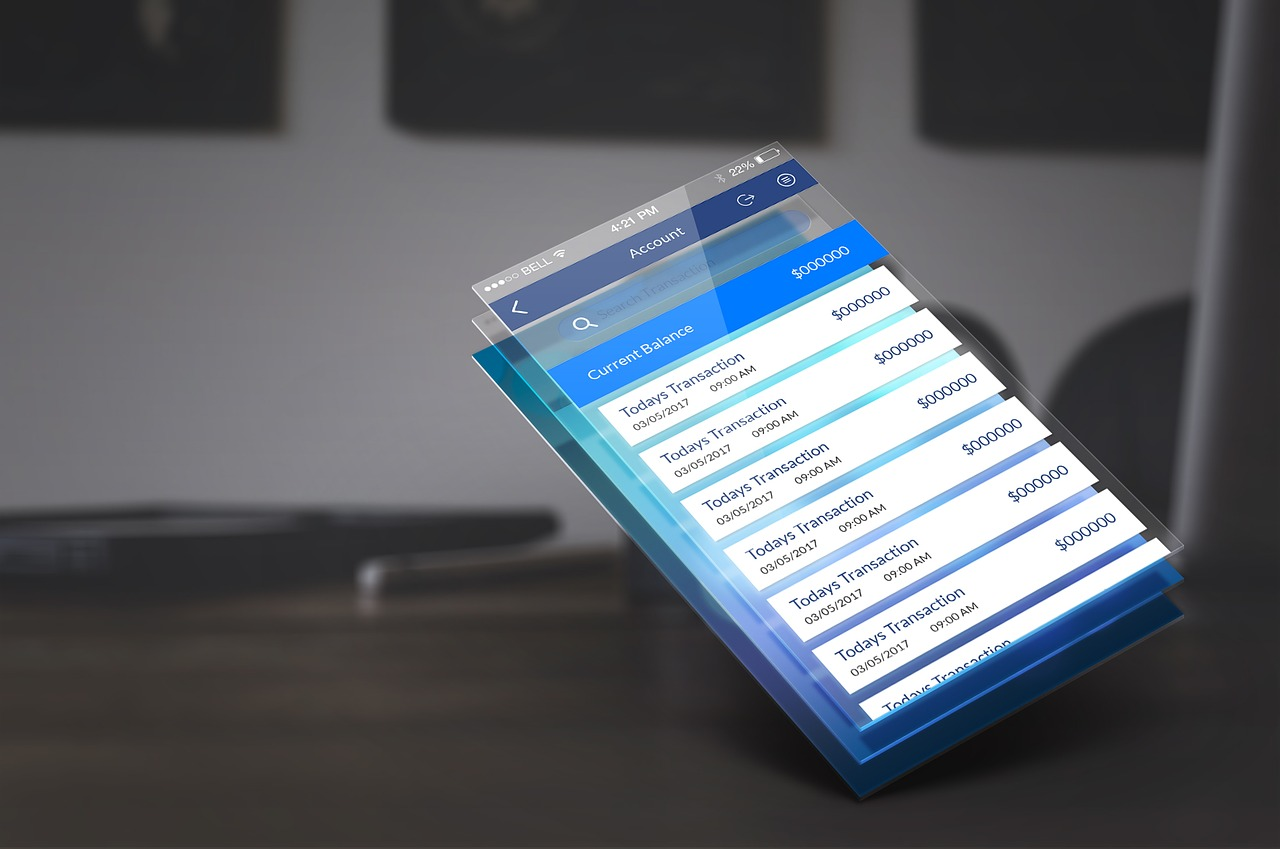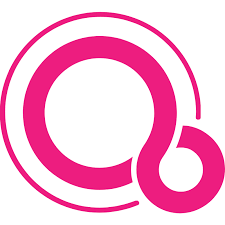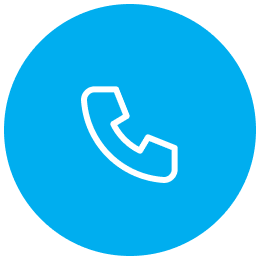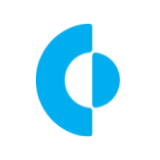
Nothing in our life is untouched by technology. It has transformed our life to an extent that was used to be in sci-fi novels. Today, you can control a home appliance using a smartphone. No more you have to leave your bed or sofa to turn off the fan, AC, etc. Thanks to the emergence of the internet of things (IoT) for making all these possible.
IoT has taken the world by storm. The demand for IoT app development has surged at an unprecedented rate. If you are planning to develop an app for IoT, then Flutter is one of the most reliable, easy-to-use, and powerful cross-platform mobile app development frameworks. With it, you can go from idea to your App store in no time. We will discuss a lot more about it in this article. Before exploring the world of IoT app development, let’s have a quick look at the Flutter.
What is Flutter?
Flutter is a fully featured software development kit made by Google. In a very short span of time, it has grabbed the attention of millions of developers around the world. They use the Flutter UI framework to create cross-platform applications for mobile, desktop, and web. It’s the hot talk of the town because of being an open-source platform and an easy-to-use feature. It has some robust features, which make it ideal for IoT app development too.
Why Flutter for IoT apps development?
Building an IoT app can take a lot of time especially when you are doing it yourself. Even if you choose an IoT app development company for saving time, be prepared to pay a hefty amount for the finished product.
IoT apps are a bit complicated because the IoT system needs a broad range of hardware and software components. It turns more complex because of the different communication and distributed system technology.
So, to cut down the time and simplify the IoT apps development, using a powerful framework is the need of the hour. This is when Flutter comes into play. It offers great support and eases the IoT app development process.
As the demand for IoT-enabled devices is increasing, so is the need for IoT apps. Businesses want a quick solution to develop IoT and this is why Flutter has gained recognition. More than 20k apps have been developed with Flutter to date. Gone are those times when developers had to spend a lot of time in programming.
Key Benefits of Flutter for IoT App Development
1) Prototype Faster

Before releasing the final product to the market, you need to develop the prototype. You have to keep the proof of concept ready to test and pitch the idea to investors. To do so, you don’t have to spend all your time programming the prototype app. Instead, emphasize reducing the complexity of developing IoT apps.
As the IoT systems include several hardware and software components, the IoT app development becomes complicated. It gets more difficult because of the different communication and distributed systems. As a result, you will have to work on solving the connectivity problems, storage, and so on, which are just the tip of the iceberg.
Thanks to the Flutter for easing everything. It’s a perfect way to prototype an IoT app with almost zero cost and easily. Flutter has been receiving more attention in comparison to any other framework.
2) High Performance
In general, IoT apps result in plenty of data. This is why the prototype should be heavy enough to handle a large amount of information on the go. It should be capable to handle the data streaming, loading visualizations, and allowing data manipulation.
Moreover, the data flow is continuous, which demands a highly potential prototype to manage load without crashes and errors. To build such high performing robust IoT app, Flutter is the need of the hour.
Every Flutter app development company knows the significance of bringing up a high-performing app in the market. If you want an IoT app that runs seamlessly, use Flutter or hire a Flutter app development company.
3) Multi-platform Support
Flutter is not only ideal for cross-platform mobile app developments. It perfectly fits desktop and web app development as well. This is possible with a single codebase that even helps in the development of IoT apps for iOS and Android at the same time. Whether you want it for the development of MVP or the end product, the Flutter framework is a go-to choice for you. If you have a prototype, which is working successfully, turn it into the product for the users using Flutter faster than ever.
4) Reduce Overall Development Cost
Developing a high-performing IoT app is a must but it should not happen at a cost higher than your budget. In case you want to publish it for both iOS and Android users, the cost of development would be a lot. You will have to hire developers separately for each platform. This is not feasible for your IoT product. Look for ways to save money without affecting the quality of the app for both platforms. Flutter provides you a way to cut down the cost by allowing the IoT app development with a single codebase.
5) Native Like Apps
When creating the IoT solution for iOS and Android users, you can’t avoid the satisfaction of end-users. For keeping the performance superior and helping users to meet their needs without any hassle, using the right tools is a must. Flutter is one such tool that ensures the delivery of the best performance to the users. It will help in creating a functional and intuitive user interface by using the device’s functions and features. Further, the presence of libraries, components, and widgets in Flutter effectively helps in building an ideal UI. As a result, the IoT app will perform native-like.
6) Deploy Smoothly
When it comes to branding and building the credibility of your IoT app, you can’t deploy it on Android a week after releasing your iOS app. This won’t do them justice with the Android users, as they will have to wait. Why not use Flutter? It will let you deploy the app on both platforms without any gap in publishing time. Developers can test and deploy simultaneously and review changes in real-time.
7) Custom UI

Flutter comes with a design-friendly UI development environment. It doesn’t matter what kind of user interface you want to create, build it easily with the Flutter. It contains endless libraries, material design, and widgets to keep it simple for you.
8) Gamified Solution
Create your app an engaging one with gamification. Yes, you can keep the users engaged in your app by offering them rewards for accomplishing a task. If you want to do so, Flutter has the framework for it. It provides a gamified interface to boost the speed of your app and yield a frictionless experience for the users. Mobile app development company in Bangalore are already mastering this to develop new age Flutter IoT apps. When your company is going to adopt it?
9) Similar Experience Across Devices
Irrespective of the device you own, Flutter is capable to offer the same experience for all. Even on an outdated system, Flutter can design reusable components and widgets.
Future of Flutter, Fuschia, and IoT

The latest release of Google’s IoT-focused OS Fuschia is compatible to work with any platform and CPU architecture. It will change the experience for IoT-enabled device users. The OS will fix the loopholes in the IoT devices and bring smartphones and laptops closer to them. It uses the same Dart language, which is found in the Flutter framework. The combination of all three can be a game-changer in the creation of cross-platform interfaces that works smoothly on smartphone and desktops. These are going to benefit the Flutter app development company in the future.
Final Thoughts
At the moment, Flutter is the best option for quickly building cross-platform applications for iOS and Android using one single codebase, in a high-performance manner. So, what’s your take on using Flutter for IoT app development? Do it sounds like an easy way to build IoT apps? If yes, we are happy to help and guide you in the right direction.
Flutter might be a new framework its popularity has spread in every app development industry. The way it has been backed by Google and the Flutter community has grown, not trusting it would be a foolish mistake. Now, some Flutter app development company in India have started working on IoT apps too. In the coming times, more developers are expected to join the Flutter IoT app development community.
For more details about Flutter app development and IoT, keep reading out the blog. Feel free to ask any questions you have regarding these technologies.


 +91-984-5825982 | +91-996-4689921
+91-984-5825982 | +91-996-4689921 sales@cumulations.com
sales@cumulations.com Send your requirement
Send your requirement 